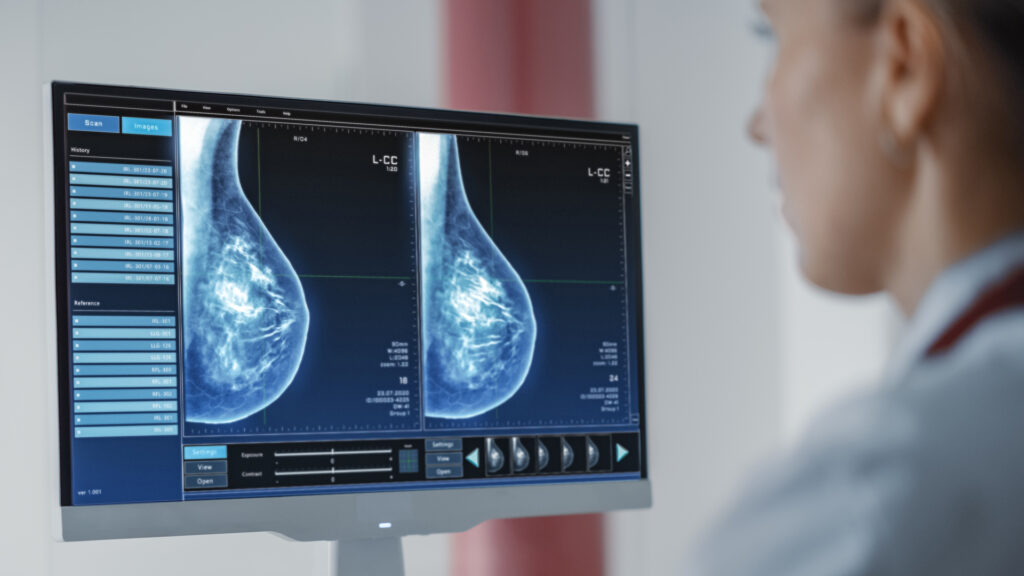Artificial intelligence (AI) is rapidly reshaping the landscape of medical imaging and diagnostics, bringing automation, precision, and efficiency to complex clinical workflows. According to Crescendo.ai, recent breakthroughs in echocardiography and breast cancer screening underscore how AI is becoming an indispensable partner to healthcare professionals worldwide.
AI in Echocardiography: Automating the Heart’s Metrics
In echocardiography, AI-powered tools are revolutionizing the way heart function is assessed. These systems can automatically measure critical indicators such as the ejection fraction—a key parameter for evaluating cardiac performance. By reducing manual data entry and analysis time, AI allows cardiologists to focus on patient care rather than repetitive measurements.
Early clinical studies show that such automation improves diagnostic consistency and enhances the early detection of subtle cardiac abnormalities that might otherwise go unnoticed. This integration of AI-driven analytics is helping hospitals standardize workflows and deliver faster, more accurate heart assessments.
AI in Breast Cancer Screening: A Second Pair of Eyes
Meanwhile, AI algorithms in mammography are redefining breast cancer diagnostics. Acting as “second readers,” these models analyze mammogram images alongside radiologists, identifying potential lesions and reducing false negatives. The collaboration between human and machine expertise accelerates the screening process and ensures more consistent, reliable results.
In many pilot programs, AI has been shown to flag ambiguous cases that require further review—helping radiologists prioritize the most urgent screenings and improving early detection rates. This not only saves time but also enhances patient confidence and outcomes.
AI as a Clinical Partner, Not a Replacement
“AI isn’t replacing clinicians—it’s augmenting them,” a Crescendo.ai spokesperson emphasized. “The technology is built to enhance precision, reduce diagnostic fatigue, and help doctors focus on complex decision-making.”
By combining computational power with clinical expertise, AI allows healthcare systems to handle higher patient volumes without sacrificing accuracy or quality of care.
The Future of AI-Augmented Medicine
These innovations signal a major step toward AI-augmented healthcare, where intelligent systems assist specialists across radiology, oncology, and cardiology. As AI models continue to gain regulatory approval, their integration into hospitals is expected to streamline operations, optimize diagnostics, and improve global patient outcomes.
From heart imaging to cancer detection, AI’s role in medical imaging is not just transformative—it’s becoming essential. The next generation of diagnostics will likely be powered by human-AI collaboration, delivering faster, smarter, and more compassionate care for patients worldwide.

